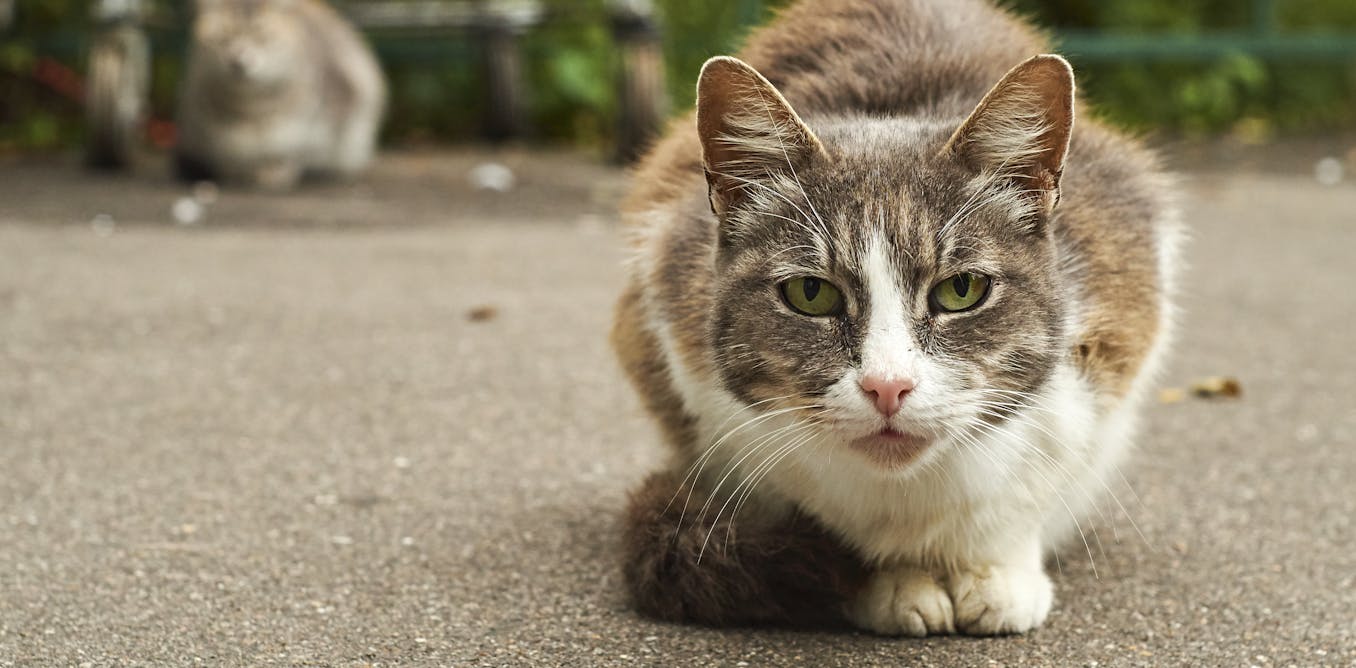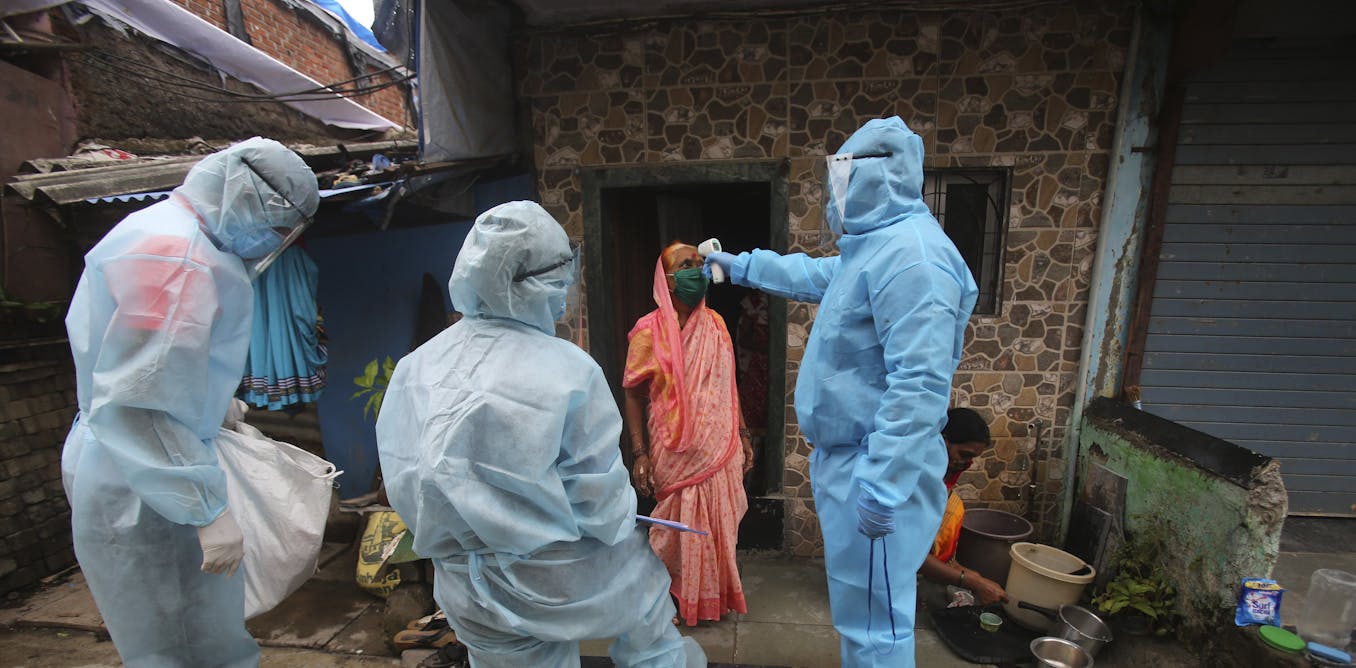AI is killing choice and chance – which means changing what it means to be human
By letting machines recommend movies and decide whom to hire, humans are losing their unpredictable nature – and possibly the ability to make everyday judgments, as well.
Feb. 24, 2021 • ~7 min








